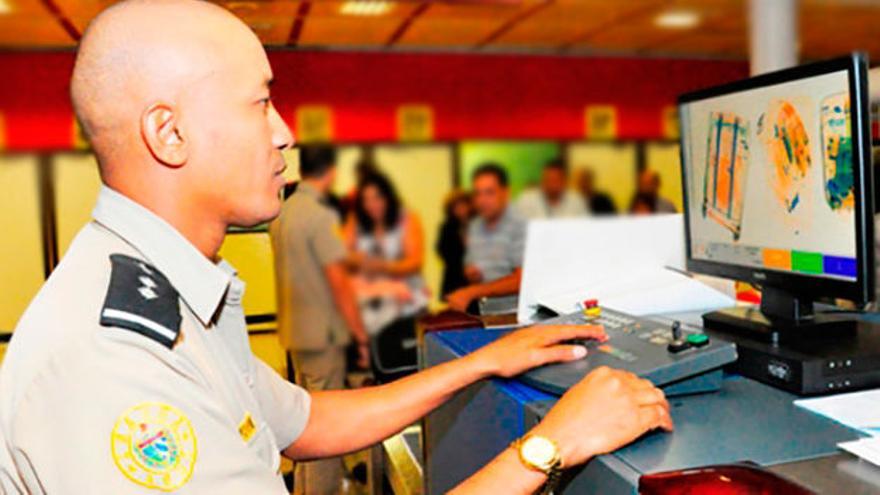
![]() 14ymedio/EFE, Havana, August 3, 2022 — Cubans will be allowed to bring home canned meats and ultrapasteurized milk from as many as thirteen countries according to regulations made public on Tuesday by the Ministry of Agriculture.
14ymedio/EFE, Havana, August 3, 2022 — Cubans will be allowed to bring home canned meats and ultrapasteurized milk from as many as thirteen countries according to regulations made public on Tuesday by the Ministry of Agriculture.
The news was reported by government media outlets, which cited a memo by the ministry announcing a “relaxation” of “sanitary regulations.”
Though no mention was made regarding when the regulations are to take effect, the memo stated that “recognized retail brands” of beef, pork and poultry from Spain, Portugal, Italy, the United States, Canada, Mexico, Panama, Costa Rica, Nicaragua, Brazil, Argentina, Chile and Uruguay will be allowed into the country.
The regulations also apply to the importation of cured meats. In the case of ultrapasteurized, and evaporated milk, as well as lacto-based desserts, there are no restrictions regarding the country of origin.
The same applies to canned seafood, powdered milk and aged, pasteurized cheese.
The regulations also specify what items may not be brought into the country. These include all products derived from skeletal animals; unpasteurized milk and products derived from it; fresh, frozen and dehydrated meats; salads, with or without eggs; viscera; and prepared or partially cooked food products.
The regulations have been greeted with skepticism by consumers. Some complain that the new rules are long overdue while others argue that the practice has been going on for a long time. “Is it for commercial purposes? Then that would be a change,” quips a Cubadebate reader.
The measures were announced shortly after the publication of a resolution establishing “rules for non-commercial imports by individual persons.”
Individuals will be allowed to bring in up to five mobile phones (the previous limit was two), two electrical generators and two electrical motorcycles, or a third such motorcycle if it arrives as a cargo shipment.
Import duties will also be reduced from 100% to 30% while weight limits will be increased from ten to twenty kilograms. Additionally, the tariff on imported goods will be reduced from twenty dollars per kilo to ten per kilo.
In a recent speech to parliament, economics minister Alejandro Gil emphasized that these measures apply only to goods intended for “personal use, not of a commercial nature.” In other words, the new regulations do not allow businesses to resell those products to the public.
Motivated by the island’s food crisis as well as last year’s anti-government protests, the government has temporarily lifted tariffs on food and medicine. This measure has not escaped criticism, however, because the change will only benefit those Cubans who have relatives overseas or who have the resources to travel abroad.
Prior to 2021, many Cubans turned to so-called mules, whom they paid to bring back consumer goods from overseas packed in their luggage.
The rules were relaxed after the July 11, 2021 (’11J’) protests. The first extension was approved in December. The most recent measures took effect in May and will remain in force until December 2022.
The current rules on what an individual can bring into the country are a complex system of points and peso limits which imposes tariffs on excess items packed in an individual’s suitcase. In the case of medications, for example, a traveller is allowed to bring in up to ten kilograms duty-free.
With the goal of reducing the country’s dependence on food from overseas — Cuba imports roughly 80% of what it consumes – in May the government adopted a food sovereignty law intended to increase agricultural production. Experts doubt, however, that the new law rule will be enough to make a difference.
____________
COLLABORATE WITH OUR WORK: The 14ymedio team is committed to practicing serious journalism that reflects Cuba’s reality in all its depth. Thank you for joining us on this long journey. We invite you to continue supporting us by becoming a member of 14ymedio now. Together we can continue transforming journalism in Cuba.
